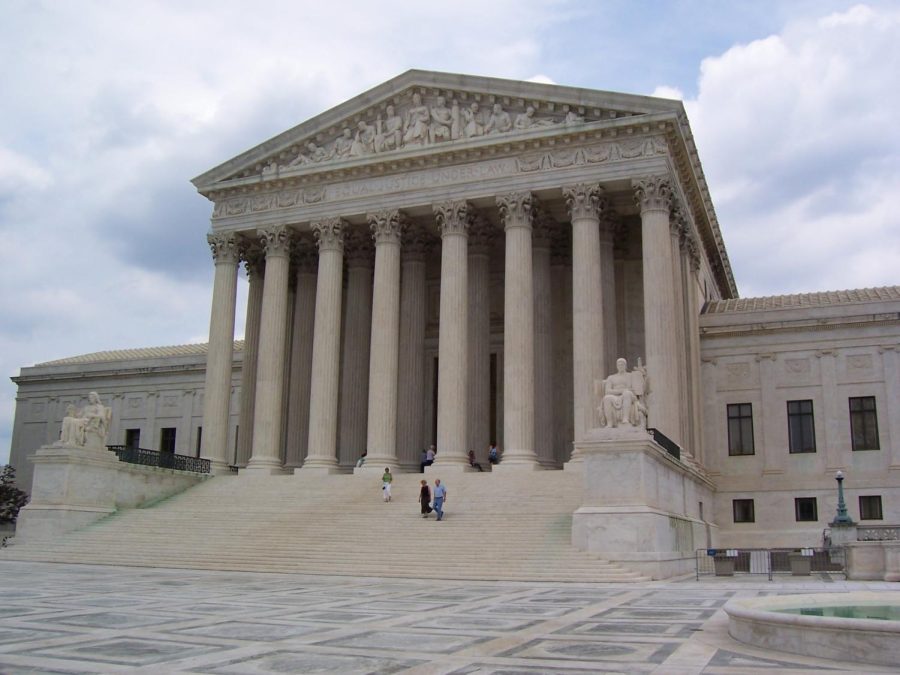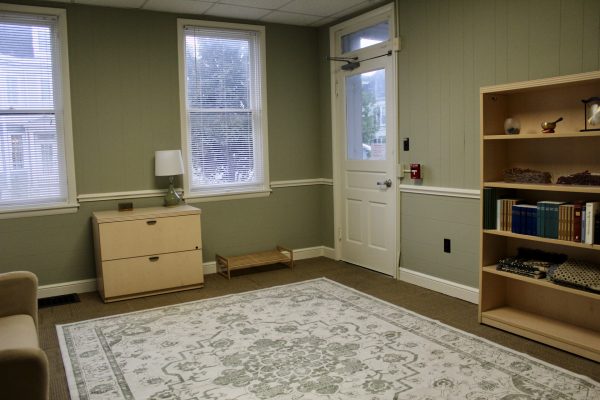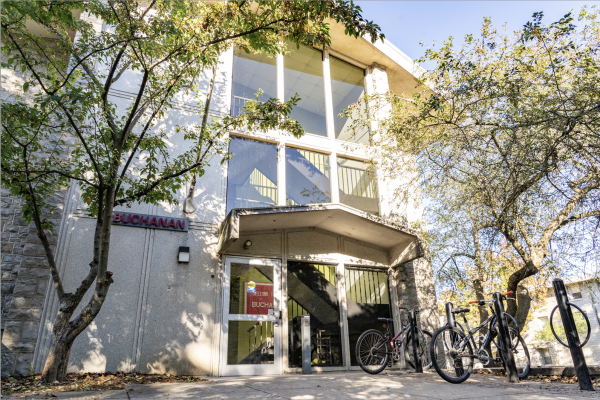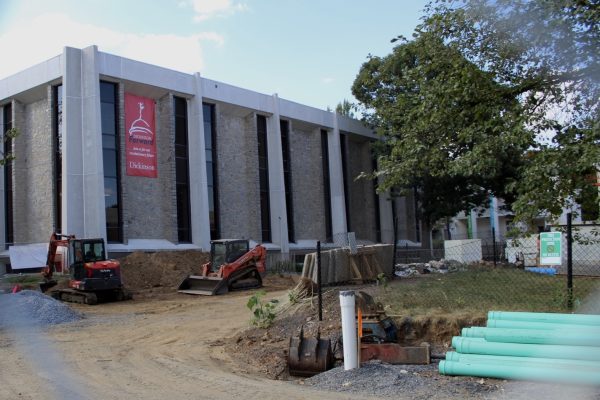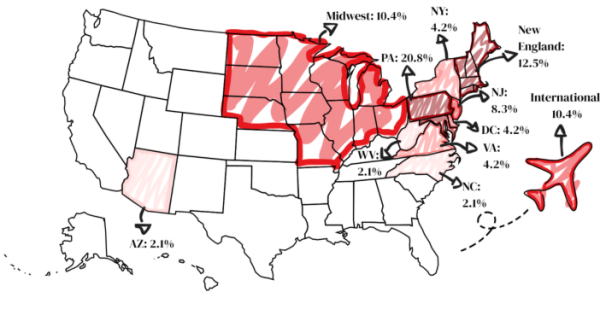Affirmative Action in Peril: Dickinson Reacts
By this June the Supreme Court is set to decide on a case that will determine the fate of affirmative action in college admissions. Regardless of how the case is decided, Dickinson will adapt, Cathy Davenport, Vice President of Enrollment Management and Dean of Admissions, told The Dickinsonian.
Dickinson has a holistic admissions process, in which Dickinson Admissions “considers many factors such as difficulty of curriculum, performance in that curriculum, co-curricular activities, academic interests, race, gender, religious preference, socio-economic status and geography.”
Admissions programs like the one used at Dickinson could be outlawed if the cases Students for Fair Admissions v. Harvard and Students for Fair Admissions v. University of North Carolina are decided as predicted. The court will decide whether using race as a factor in admissions decisions violates either Title VI of the Civil Rights Act of 1964 or the Equal Protection of Fourteenth Amendment of the Constitution.
Davenport said, “It’s speculative to predict how the Supreme Court will rule. When a decision is issued, the college’s leadership will review it closely and will develop a plan to aggressively promote and pursue our diversity, equity and inclusion goals while also remaining within the confines of the law.”
Affirmative action has been utilized in college admissions since the 1960s and has helped diversify many colleges, despite receiving criticism and being banned in a handful of states. If affirmative action is outlawed, it could fundamentally change both how colleges conduct admissions, and as a result impact the demographics of college student populations.
Tony Boston, Chief Diversity Officer at Dickinson, said, “The biggest impact [of an affirmative action ban] would be with those more selective colleges… These are schools that have acceptance rates between like four and seven percent, and using race as a criteria could be a tipping point that could allow a student to get in based upon a number of other factors.”
He emphasized that different colleges would be impacted differently and that he believes smaller colleges like Dickinson which have a holistic admissions process “have so many other factors that are considered.”
Boston said that as Chief Diversity Officer, he believes “there is a compelling reason for colleges to want to be diverse…that the richness of backgrounds, experiences and perspectives informs the overall college experience.” He also emphasized the necessity of diversity in college staff and the importance of multiple perspectives in research and educational settings.
Sonyta Bun ’25, the Director of Inclusivity for Student Senate, said, “I’ve talked to a couple of students, mostly minority students, it’s not really a full representation of Dickinson, but from what I’ve seen, people have been concerned about this.”
She emphasized how systemic issues have created a disadvantage for minorities in many ways and that affirmative action is meant to combat those disparities. “In an ideal world, getting rid of affirmative action would be good, but we are not in an ideal world,” she said.
Whatever the Supreme Court decides may affect Dickinson’s admissions process since the college receives federal funding.



